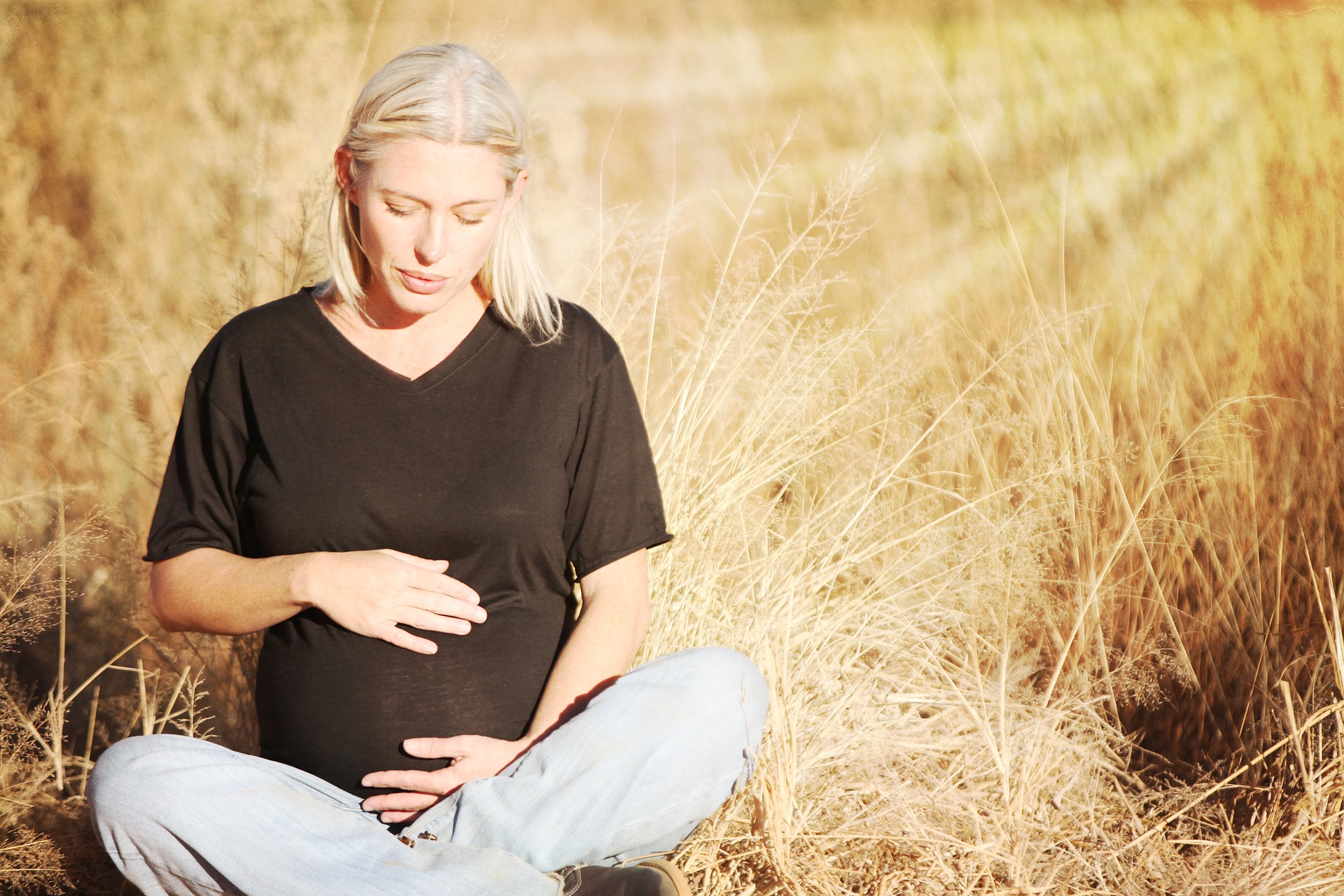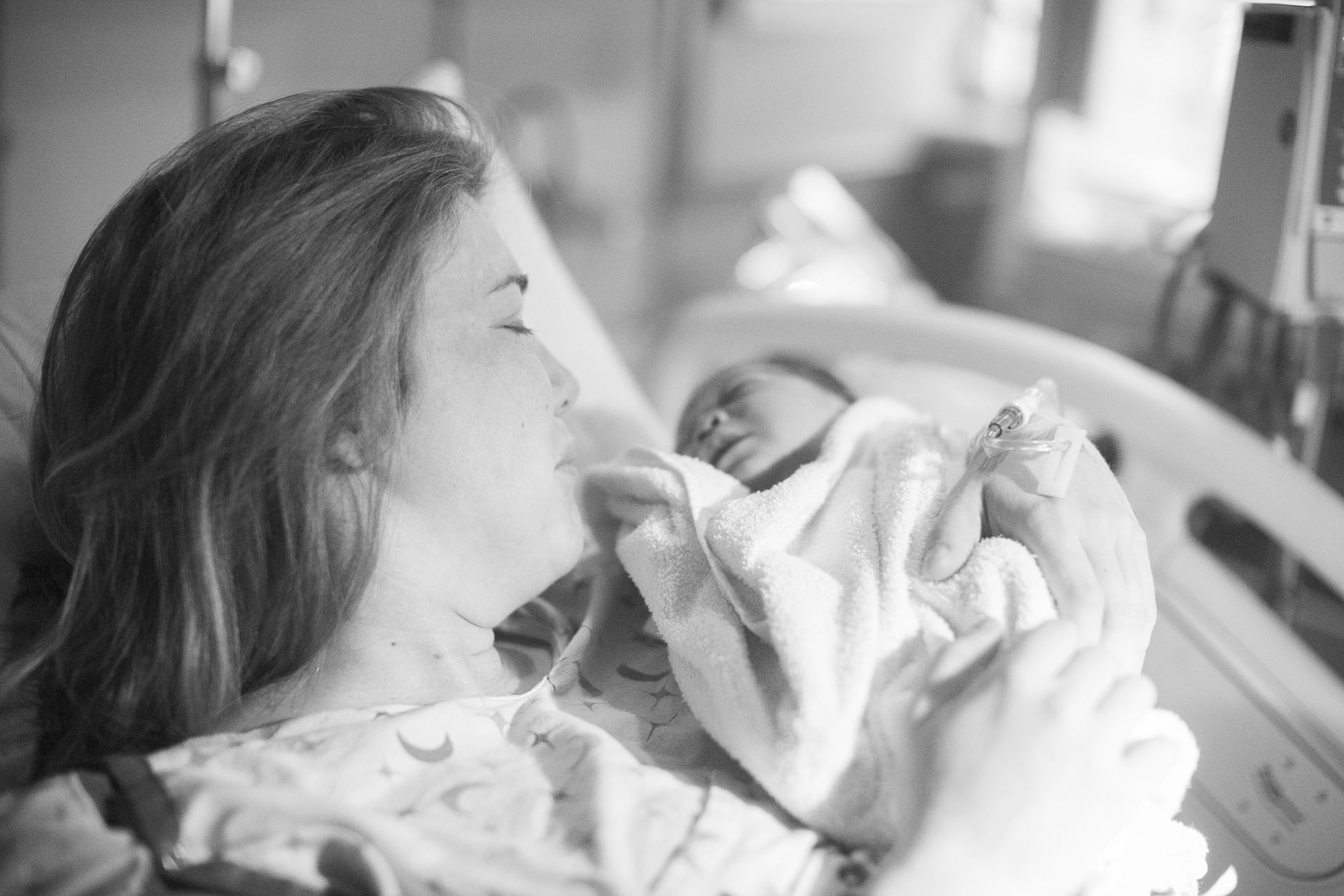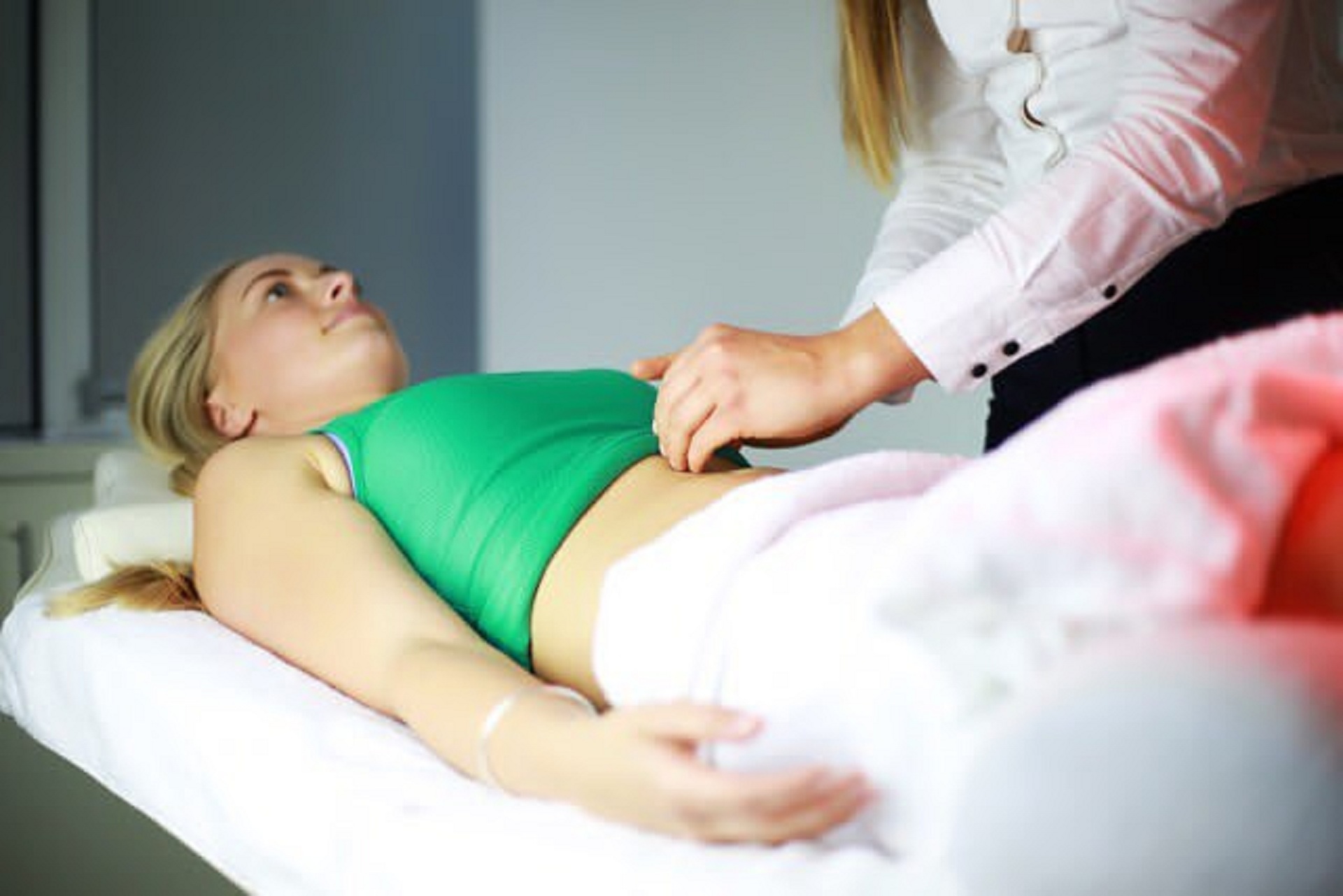Many women wonder about the risks of travel during pregnancy. In general, travelling during your pregnancy is not contraindicated, unless you are in your final month. However the majority of doctors and many airlines do not recommend travelling after week 36.
Of course, if you have experienced any complications or your doctor has classified your pregnancy as high risk, then this may be a different matter. However if you are having a healthy pregnancy, when travelling you just need to be more careful. Below are some practical tips to help you when you travel during pregnancy.
Best time to travel during pregnancy
The best time to take a trip while pregnant is the second trimester or between the 14th and 28th week, because, during this period of time, nausea and other pregnancy symptoms of the first trimester have most likely disappeared. Also, in the second trimester, you are less likely to feel as tired as you will feel in the last trimester. Doctors and also many airlines do not recommend to travel after the 36th week.

Tips and guidelines for travel in pregnancy
Countries to avoid: malaria and Zika risk zones
There are parts of the world where hygiene standards are poor and a number of countries that pose a risk for either, or both, malaria and the Zika virus. Both of these are transmitted by mosquitoes and they can be dangerous for you and your baby.
Malaria increases the risk of miscarriage, maternal and fetal death, and low birth weight, while the Zika virus has been related to major congenital malformations such as microcephaly.
Malaria can be transmitted in large areas of both Asia and Africa, some Middle Eastern countries. South America, Central America, the Dominican Republic, Haiti and some of the Pacific Islands. Below you can view the map. Here you can read the World Health Organisation's facts about malaria.
Below is a map of the countries currently affected by the Zika Virus. The Zika Virus can be understood further in this WHO article.
High risk pregnancy
If you have a high-risk pregnancy either because you already had a miscarriage, you are carrying more than one baby or if you suffer from arterial hypertension (pre-eclampsia) or any heart disease, it is always a good idea to consult your doctor before travel. It may not be safe to do so.
Pregnancy travel tips
1. If you travel to a hot, sunny country, you will need to be very careful about becoming dehydrated. You will need to drink a lot of water. You must eat well-cooked meats and avoid raw seafood to prevent a parasitic infection like Toxoplasmosis or Anisakis. When abroad take your food safety rules very seriously, to avoid any problems.
2. One of the most dangerous things that can happen to you on a trip is to have diarrhoea. This causes a serious risk of dehydration, which reduces the blood circulation in the placenta. It is safest to only drink bottled water.
3. You will need to vaccinate before travelling too, this will help you to prevent some diseases. Remember to consult your doctor before getting a shot.
4. Pregnant women need to walk at least 15 minutes for every hour they are seated, especially during long car or plane trips. Do frequent stretching to avoid circulation problems, avoid carrying heavy bags or suitcases and use light and fresh clothes. Avoid wearing high heels and tight garments.
5. Most of the time, travelling by plane is safe for both mother and baby, but before buying the ticket, you should take a look at the rules of the airline. Most of airlines recommend pregnant women to travel long distances before week 36 when pregnant with a single baby. If you are carrying multiples, then in general the safe time to travel is before the 32nd week.
6. It is recommended to be early at the airport to do all the checking process as calmly and stress free as possible. Also, this will help you to identify yourself as a pregnant woman.
7. If you walk through the aisle during the flight, you will need to grab be extra careful, in case of sudden turbulence. Seating by the aisle is the best option for a pregnant woman because this will make the process of standing up to go to the bathroom or just to stretch your legs easier.

8. Also, during the flight, you must avoid consuming carbonated drinks, because the reduction of pressure inside the plane can expand the gases and generate gastrointestinal problems.
9. Another thing you need to remember is that the security belt must be clasped all the time under the belly to avoid feeling more pressure in your abdomen.
10. Trips longer than 4 hours will make you more prone to suffer from circulation problems. The most common issue in pregnant women is the Deep Veins Thrombosis (DVT), which is produced by having blood clots in the veins. These usually appear in the leg veins. You can avoid the condition just by stretching your legs and walking every 30 minutes or so.
Travelling by car in pregnancy
11. If you are taking a long car journey when pregnant, you will need to stop every so often to stretch your legs and ensure your circulation is working well. Whether you are driving or not, you need to make the trip as comfortable as you can.
12. When putting on the safety belt, the lower belt must pass under your belly, while the higher one must pass between your breasts. The airbags must be activated too.
Bus travel during pregnancy
13. If you are travelling on a bus, you have to be seated while it is moving. If you need to use the bathroom, you will also need to be extra careful making your way there and back, just as you would do on a plane.
Train travel during pregnancy
14. Travelling on a train is more secure for pregnant women, because these are more stable than buses during movement and their hallways are wider. Even though their bathrooms are smaller, they are more comfortable.
Boat travel in pregnancy
15. Everyone can have nausea when they travel on a boat. Some people are more prone to sea sickness than others, but of course the conditions and roughness of he sea are always a contributing factor. When pregnant, you need to consult with your doctor about sea sickness pills, if you do need to travel by boat. Some medications are considered low risk.
Just like airlines, some boat companies will not let you travel after week 36 for security measures.



























































































